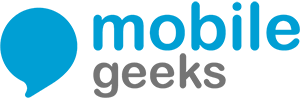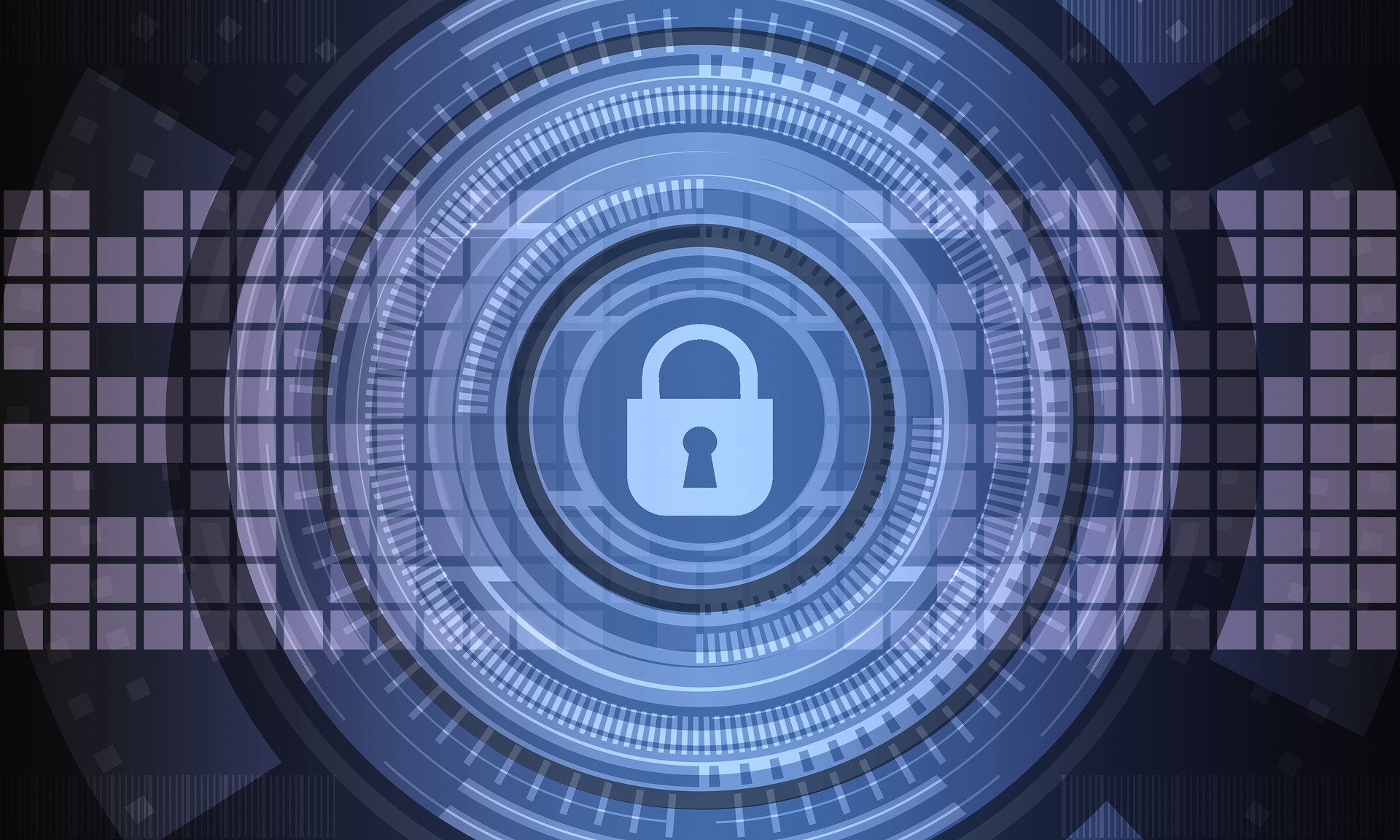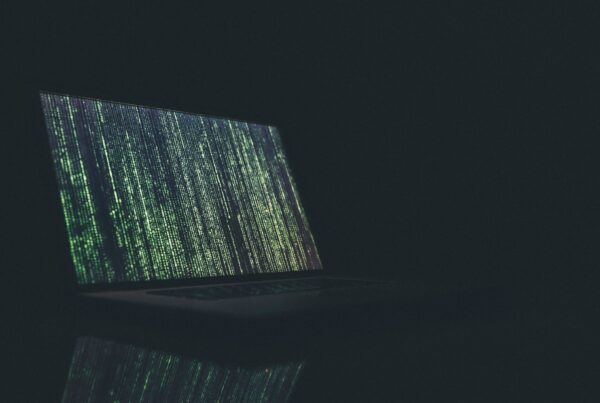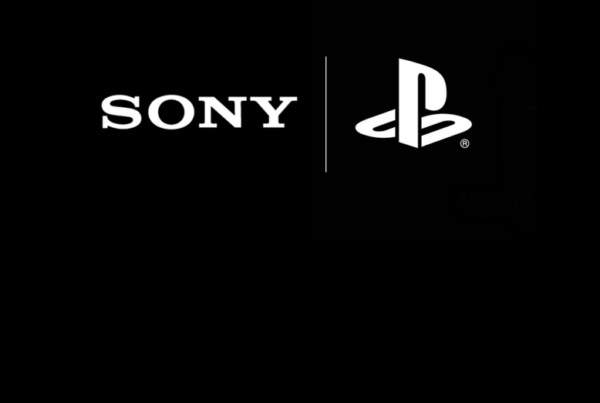When you signed up for that ultra-fast DSL or Cable connection, there was probably one very important piece of information that your ISP failed to mention. By accessing the Internet via a high-speed connection, you have greatly increased the likelihood of being exposed to viruses, spyware and hackers. Here is some useful need to know information from us at the computer repairs lab 🙂 (Hackers may not be such a big deal if you are not a business or a celebrity, but everyone needs to watch out for viruses.)
Dial-up may not have seemed like it could have held any advantages, but it actually did have one positive. It was much less prone to hacking. Every time you dialed-in, your computer was assigned a new IP address. That unique IP address made you a moving target that was more difficult for hackers to hit. Your business was protected that way.
With a high-speed connection you got a permanent IP address. This means that your computer is no longer a moving target but a sitting duck. That definite disadvantage, coupled with the fact that with a high-speed connection your computer is always online (Unless you are like one of Mobile Geeks’ clients that insists on disconnecting the connection from the wall. We do not recommend that approach to security, but he believes it works…of course, it could also have something to do with the ant-virus software we uploaded on his computer), are ideal conditions for a virus or a potential hacker attack. That seemingly beneficial always-on connection is ideal for a business, but it also gives hackers a 24/7 open invitation to try and break into your system.
Once inside, they can reach personal or financial details, compromise your computer’s operating system, disclose personal clients’ details or unleash a virus, worm, or spyware. The best way to guard against such unwelcome guests is by installing a firewall. Now that you know how vital a firewall is in protecting your PC, you have to decide which firewall is right for you.
Software
A software firewall is designed to monitor your computer’s activity at all times. Think of it as a bodyguard that never sleeps, has a mean attitude and will not let anyone into your computer if he does not like the look of them. With a software firewall you may to have to assist in protecting your system. The firewall might alert you to a certain activity and ask you if you want to grant or deny permission. It is a bodyguard, after all. He needs the okay of the boss before telling someone to scram. After you give you ‘yay’ or ‘nay’, the firewall will take the appropriate action and remember your reply for future reference, so that it knows what to do with this kind of request in the future.
Hardware
You might also want to consider a hardware firewall in the form of a Cable/DSL router. The hardware firewall handles everything on its own (Here we are talking a security firm with an ex-NCIS officer in charge.) without any input from you and you also will not have to read any reports or make decisions. This type of firewall handles everything on its own. Installation, however, can be tricky, so this option is definitely more suited to the advanced computer user among you, oris simply better left to an IT professional. Mobile Geeks are experts at installing both software and hardware firewalls and would be happy to assist you 7 days a week with no call out fee. 1300 883 021. Mobile Geeks can also deal with computer virus removal (Sydney) and clean your computer from spyware.
My Firewall is Installed. Now I’m Safe, Right?
With your new firewall in place you are probably thinking that your computer is safe, right? Well, we cannot honestly say so. As great and important firewalls are, they also have their limits. Most software firewalls are not able to scan your system for viruses that can harm your computer and there are not any hardware firewalls on the market that offer virus protection. That means that you are still vulnerable to attack. So, you still need some back up.
The best line of defence against viruses that can harm your system is computer anti-virus protection. You can either buy a separate computer anti-virus program or shop around for a software firewall with anti-virus protection built-in (this will only be a software firewall).
Even if you have all of that installed, your computer may not be 100 percent safe. Unfortunately, new viruses appear and hackers get smarter, so you may never be able to make your computer completely hacker-proof, but the installation of a firewall coupled with anti-virus protection will greatly reduce your chances of becoming a victim and possibly losing your business as a result.
Over and out
Mobile Geekette
Mobile Geeks 1300 883 021
(May I give some personal advice? Do not wait to install protection on your computer, whatever it may be… )















